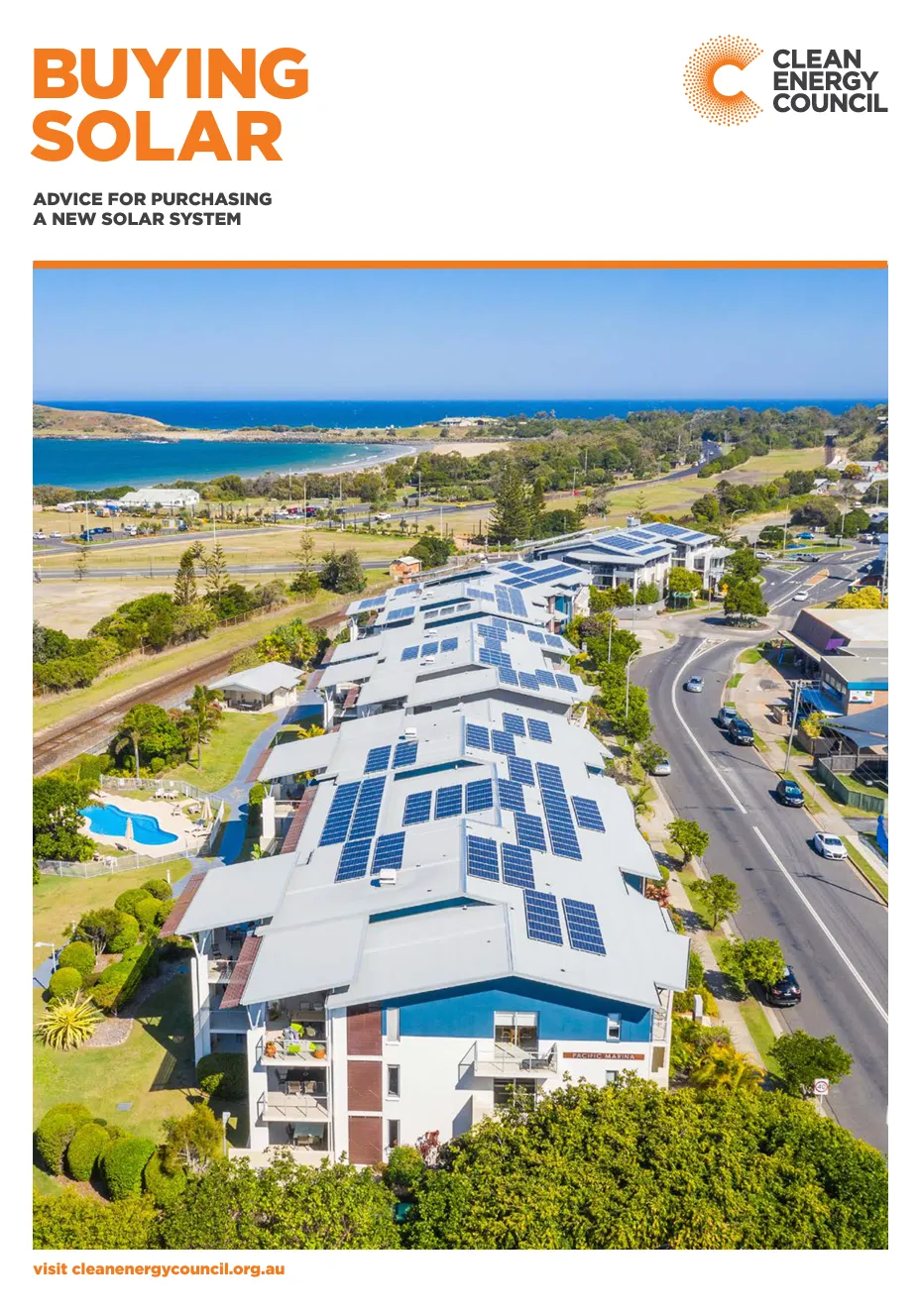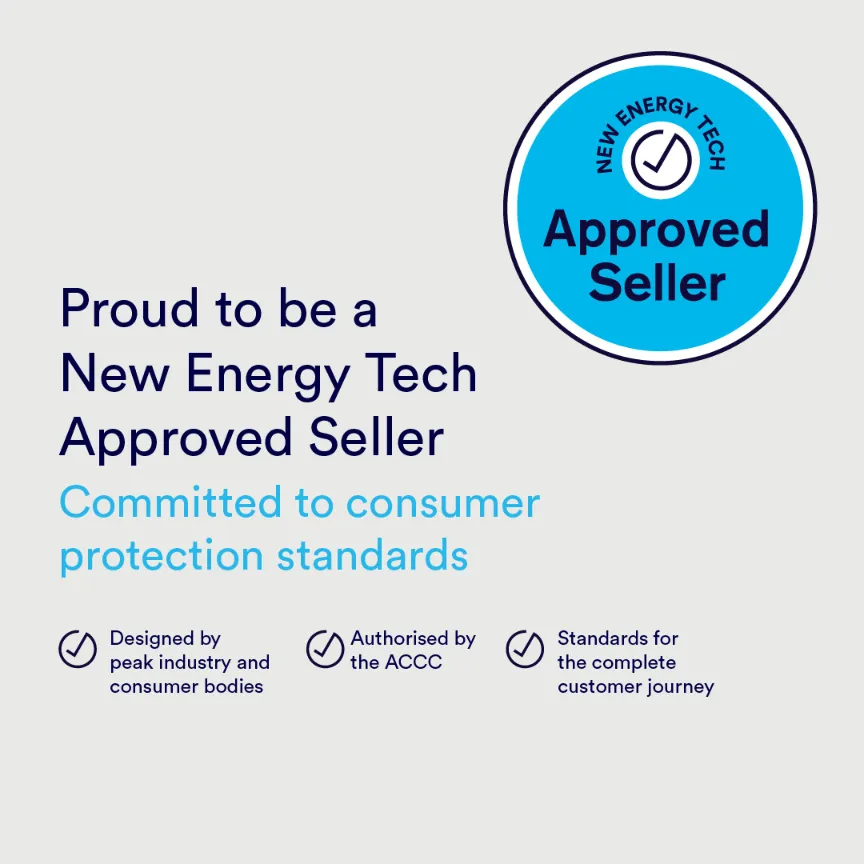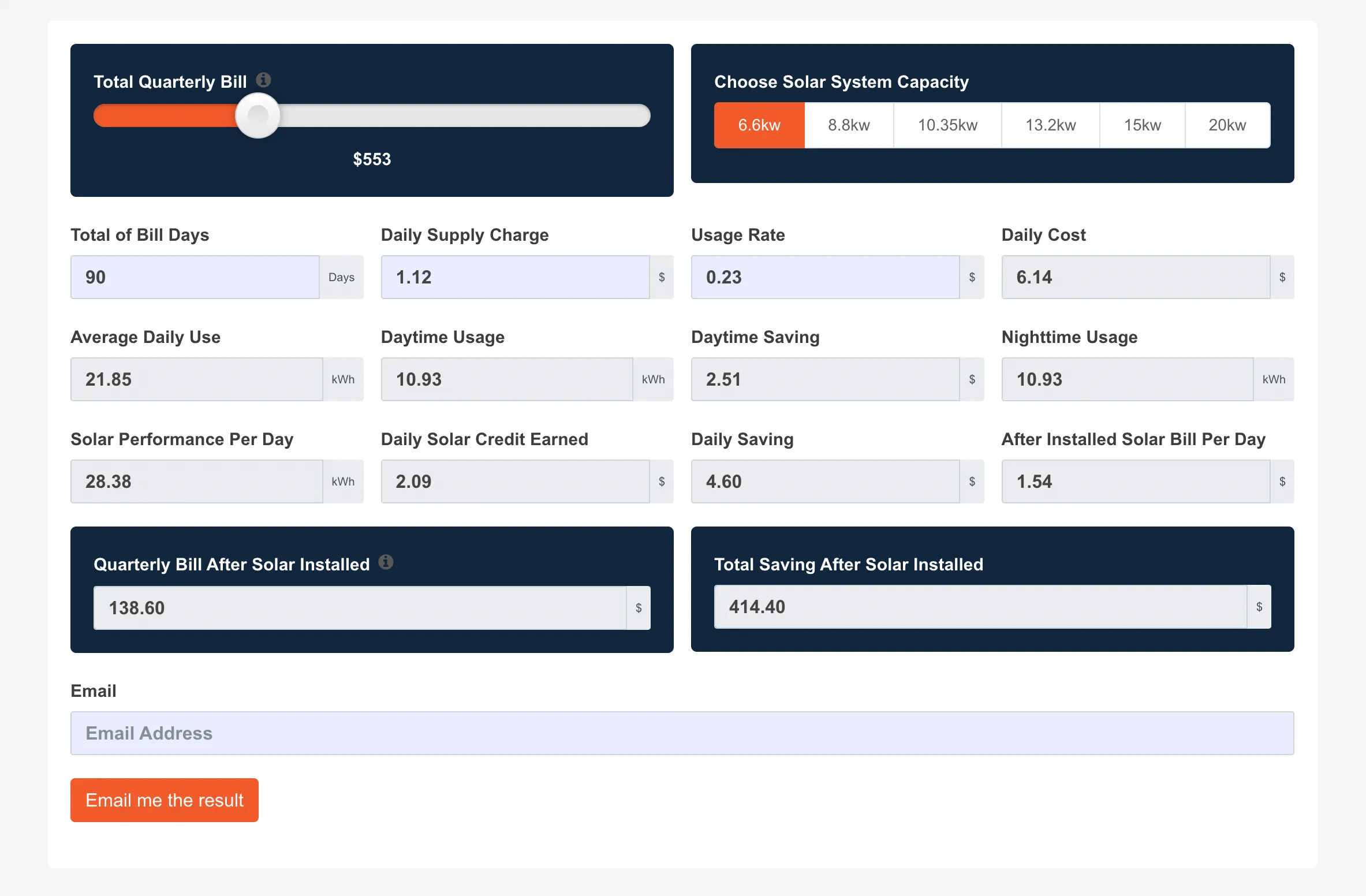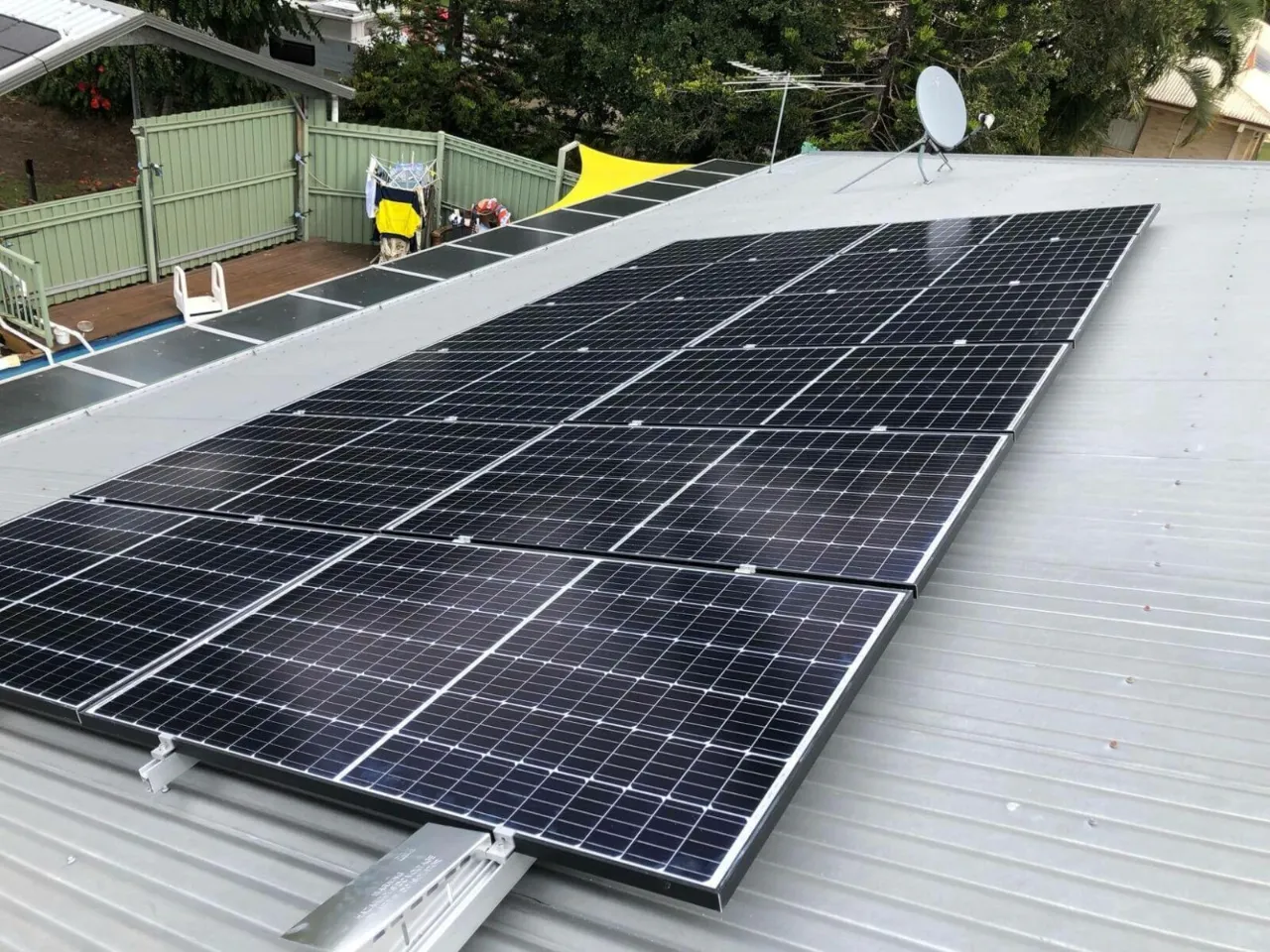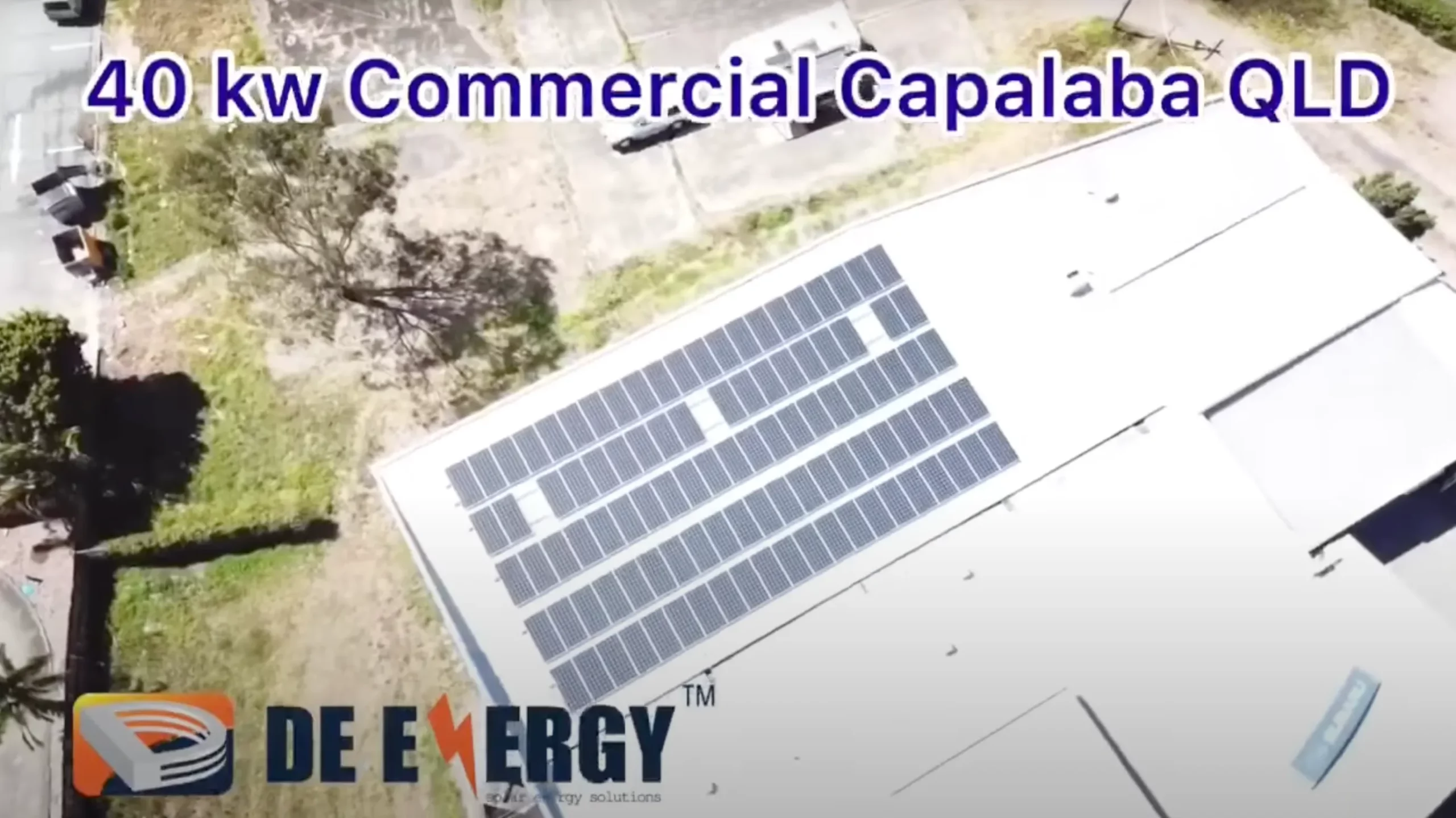As Approved Sellers, DE Energy is committed to:
- Providing you with clear, accurate and relevant information to help you make informed choices
- Encouraging you to be aware of your rights under the law and the New Energy Tech Consumer Code (NETCC)
- Ensuring that our sales practices are responsible
- Ensuring that products, systems, services and documentation provided under the NETCC are suitable and fit for purpose
- Supporting staff training and work processes that ensure that we comply with the law and the NETCC
- Ensuring that we will be responsive to your needs and taking prompt, appropriate action if you make a complaint.

